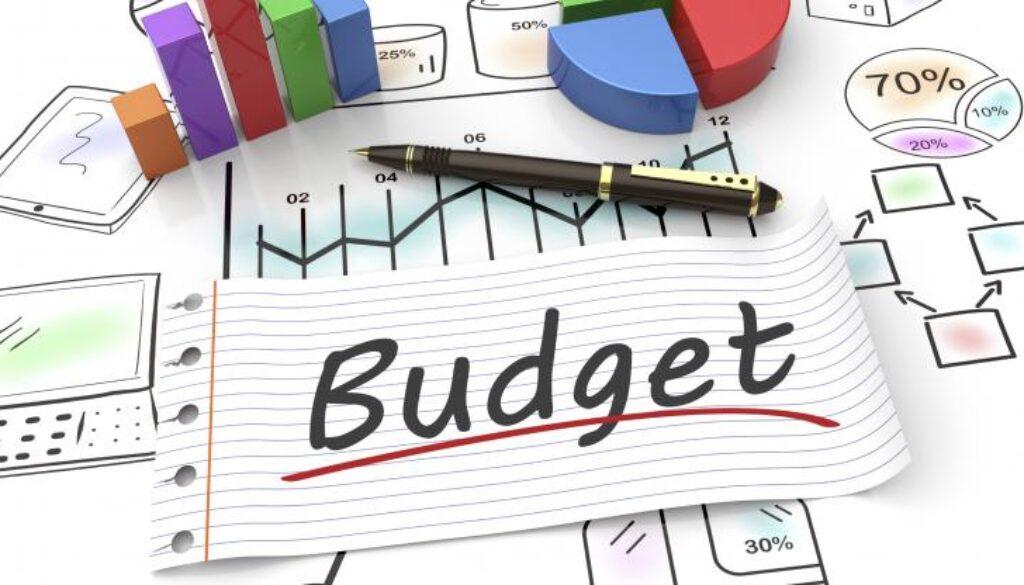Successful Event Budgeting
Successful event budgeting is a crucial aspect of planning and organizing any event, as it helps ensure that all expenses are accounted for and that the event stays within financial constraints. There are several key factors to keep in mind when creating a budget for an event.
Define the scope of the event: Before creating a budget, it's important to have a clear understanding of the size and scope of the event. This includes determining the number of attendees, the type of event (e.g. conference, concert, etc.), and the desired level of event production. This information will help inform the overall budget and ensure that all necessary expenses are accounted for.
- Determine all potential costs: After determining the event's scope, the next step is to figure out all potential costs. Everything is included in this, including the cost of the venue, catering, equipment rentals, and marketing materials. It is essential to account for all prospective costs in order to guarantee that the budget is complete.
Prioritize expenses: Once all potential expenses have been identified, it's important to prioritize them based on their importance. This will help determine which expenses are most essential and which can be cut if necessary. For example, the cost of the venue and catering may be considered more essential than the cost of decorations.
- For the event, it's critical to establish realistic financial targets that take into consideration both anticipated revenue and expenses. This will make it easier to maintain the event's budget and allow for prompt revisions as needed.
- Utilize Nesselrod on the New’s Event Portal to handle all of your event budgeting. Our portal can handle almost anything you could dream up of in Event Planning and Budgeting.
Assign a budget manager: Assigning someone to be responsible for the budget is important to ensure that all expenses are tracked and that the event stays within budget. This person should have the authority to make decisions and be able to communicate effectively with other members of the event planning team.
Continuously monitor and adjust the budget: The budget should be continuously monitored and adjusted as necessary throughout the planning process. This can help identify any unexpected expenses or changes in revenue and allow adjustments to be made before they become major issues.
- Finally, be ready for unanticipated costs. Unexpected expenses can still happen, even with the most meticulous budget. Planning for some contingencies is essential to deal with unforeseen costs. For such occasions, having a reserve budget is advantageous.
In conclusion, successful event budgeting requires a clear understanding of the event's scope, identification of all potential expenses, setting realistic financial goals, using a budget template, assigning a budget manager, continuously monitoring and adjusting the budget and being ready for unexpected costs. By following these steps, you'll be better prepared to keep your event within budget and ensure its overall success.



